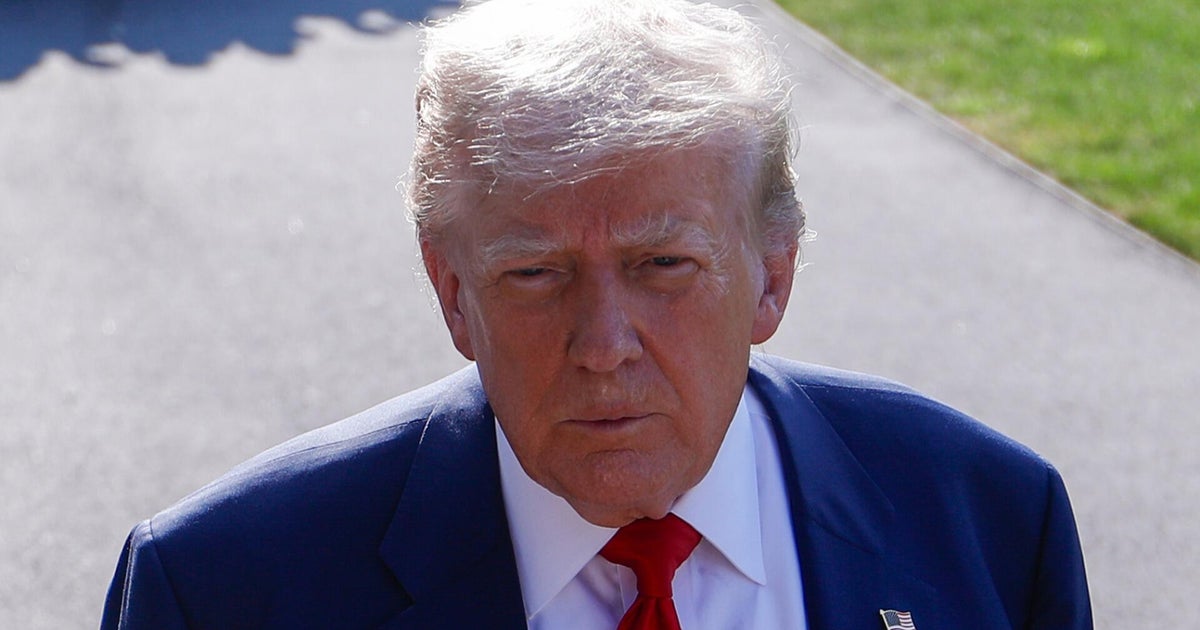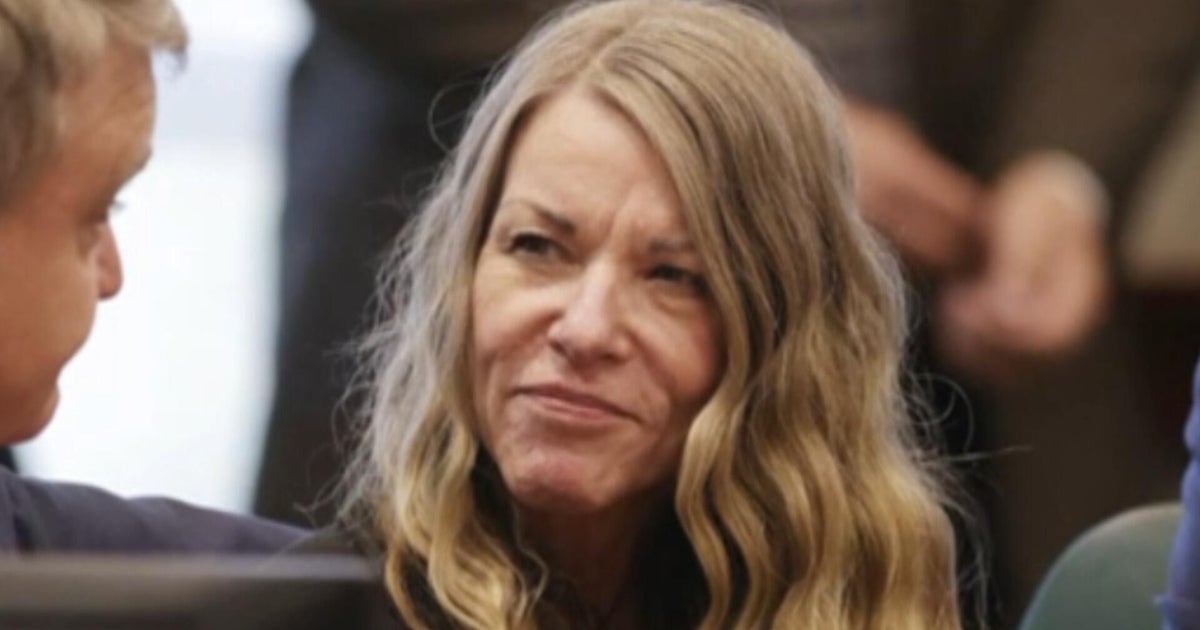Washington — The Trump administration asked the Supreme Court on Thursday to give it the green light to cancel hundreds of grants awarded by the National Institutes of Health because they were tied to issues like gender identity and diversity, equity and inclusion.
Solicitor General D. John Sauer asked the high court to halt a lower court decision that ordered the NIH to reinstate the grants and required the Trump administration to continue paying out roughly $783 million in awards. The administration had decided that the grants did not align with its policy objectives.
The grants were canceled in response to executive orders signed by Mr. Trump soon after he returned to the White House that directed federal agencies to terminate awards and contracts that were related to diversity, equity and inclusion — or DEI — and gender identity research activities and programs.
NIH began ending the grants that it said did not match the administration's policy priorities in February, and in April, 16 states, as well as research and advocacy groups, a union and researchers filed lawsuits challenging the cancellations.
The plaintiffs asked the federal district court in Massachusetts to block NIH from terminating any grants and order the agency to restore any awards that had already been axed.
The district court last month ruled in favor of the research entities after holding a bench trial in the cases, finding that NIH engaged in "no reasoned decision-making" in the rollout of the grant terminations. U.S. District Judge William Young, appointed by former President Ronald Reagan, tossed out the challenged directives.
The Trump administration asked the U.S. Court of Appeals for the 1st Circuit to pause the district court's decision, which it declined to do.
In the emergency appeal to the Supreme Court, Sauer said its request for relief gives it a chance to "stop errant district courts from continuing to disregard" its decisions.
Sauer pointed to an April order from the Supreme Court that cleared the way for the Department of Education to cancel millions of dollars in grants that it said funded programs that involve DEI initiatives. The high court said in that order that the Trump administration was likely to succeed in showing that the federal district court that oversaw that case lacked jurisdiction to order the payment of money under a federal law governing the agency rulemaking process.
The solicitor general said the judicial system does not rest on a "lower-court free-for-all where individual district judges feel free to elevate their own policy judgments over those of the Executive Branch, and their own legal judgments over those of this Court."
The U.S. Supreme Court More Melissa Quinn






